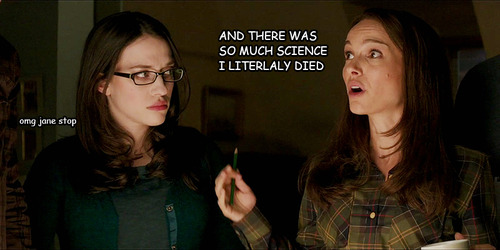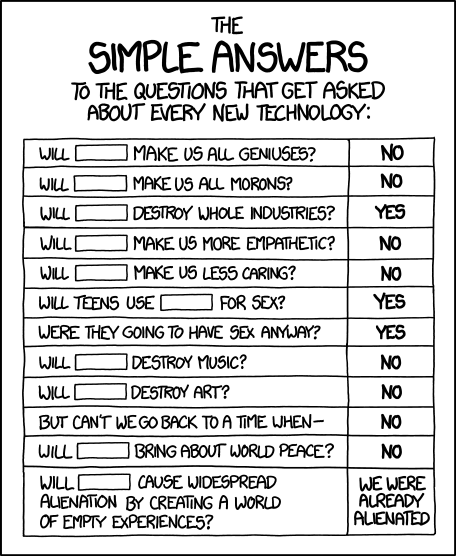One of those interesting moments where my writerly/SFnal life and my academic life collide happened yesterday with the announcement/demo of Prime Air, Amazon’s new (planned) product delivery venture that will make use of package-toting autonomous octocopters to get your stuff to you within thirty minutes.
Yeah.









